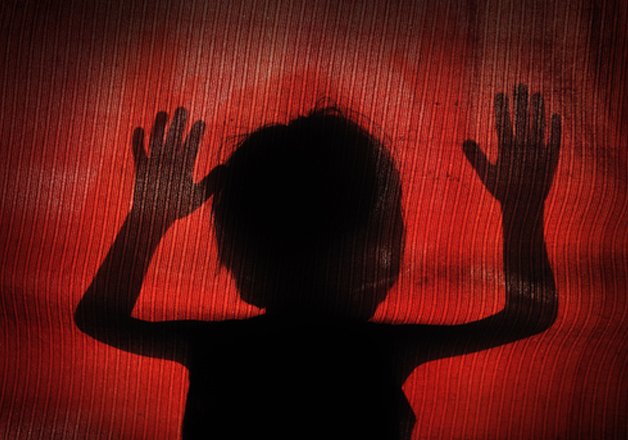Cultural Evil- Impact on Society
Cultural evil is a phenomenon that occurs when a society or culture perpetuates harmful practices or beliefs that negatively impact individuals or groups within that culture. These practices or beliefs can be deeply ingrained and difficult to change, and can range from subtle biases to overt acts of discrimination and oppression.
One example of cultural evil is the caste system in India, which is a social hierarchy that assigns people to different castes based on their birth and dictates what jobs and opportunities they can have. Those born into lower castes face discrimination and limited opportunities throughout their lives, while those born into higher castes enjoy privilege and power.

Another example is the practice of female genital mutilation, which is still common in some cultures despite being widely recognized as a form of violence against women. This practice is often justified as a cultural tradition, but it can cause serious physical and psychological harm to girls and women who undergo it.
Cultural evil can also manifest in more subtle ways, such as through everyday language and behavior that reinforces stereotypes and biases. For example, using racial slurs or making jokes at the expense of a particular group can perpetuate harmful attitudes and beliefs.

The perpetuation of cultural evil can be difficult to combat, as it often involves challenging deeply held beliefs and traditions. However, it is important for individuals and societies to recognize and address these issues in order to promote equality and justice for all. This can involve education and awareness-raising campaigns, as well as legal and policy changes to protect the rights of marginalized groups.
Ultimately, it is up to each individual to take responsibility for challenging cultural evil in their own lives and communities. By speaking out against harmful practices and promoting acceptance and inclusivity, we can work to create a more just and equitable world for everyone.

Comments
Post a Comment